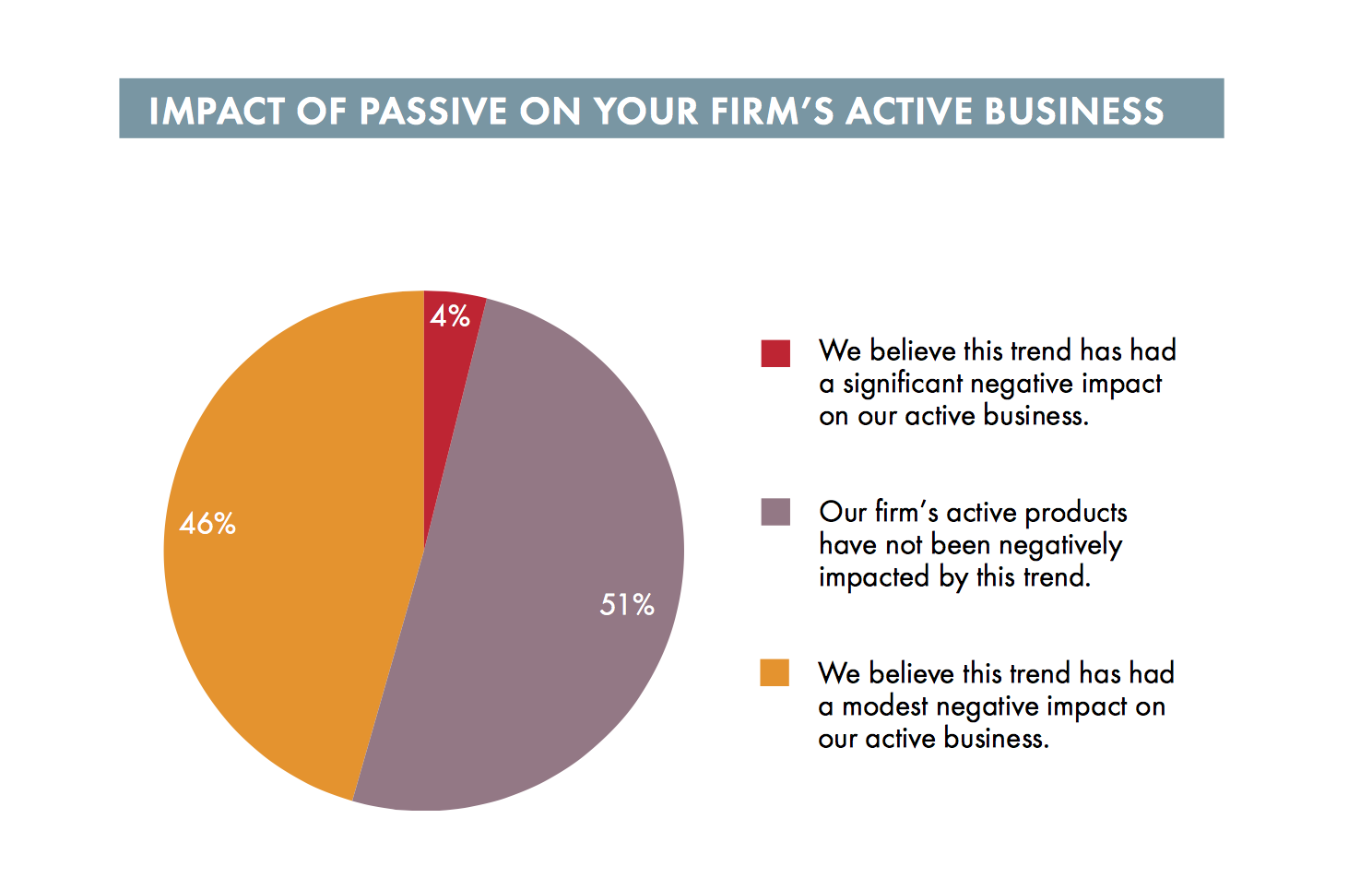Rating agency Moody’s has outlined concerns it has over a C$4 billion (US$3.2 billion) public infrastructure deal signed by one of Canada’s provincial pension funds.
“The pension fund will have greater exposure to operational and reputational risks associated with the performance of public infrastructure project.” – Moody’sThe Caisse de dépôt et placement du Québec faces new challenges after signing up to a deal with the provincial government to provide “major infrastructure projects”, which was announced this month.
“Although the province is responsible for identifying projects of public interest and has the right to select projects on the basis of optimal solutions provided by the Caisse, the Caisse will be responsible for the execution of the selected projects,” Moody’s said in its latest credit outlook.
Moody’s clarified that the Caisse itself was not rated by its analysts, but one of its subsidiary companies—CDP Financial Inc—currently held an Aaa stable assessment from the agency. The new company created to run the new project—CDPQ Infra—is not currently rated.
However, the C$4 billion project is viewed as credit negative by Moody’s.
“The province could participate as an equity partner in projects, but will not have voting rights,” Moody’s said. “As a result, the pension fund will have greater exposure to operational and reputational risks associated with the performance of public infrastructure projects, risks that would have otherwise rested with the provincial government.”
Canadian pensions are some of the largest institutional investors in infrastructure, with the Caisse being one of the smaller players, Moody’s clarified. However, despite the liability-matching characteristics and the Caisse being a long-term investor, the rating agency said these assets were more opaque in terms of pricing and required heightened risk management oversight.
The Caisse had not responded to requests for comment by press time.
Related content: Canadian Pension Pens $4B Infrastructure Deal & The World Bank’s $1 Trillion Infrastructure Plan

 (Source: Northern Trust)
(Source: Northern Trust)